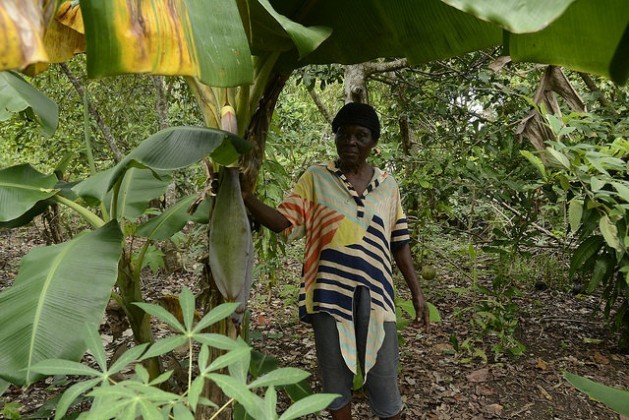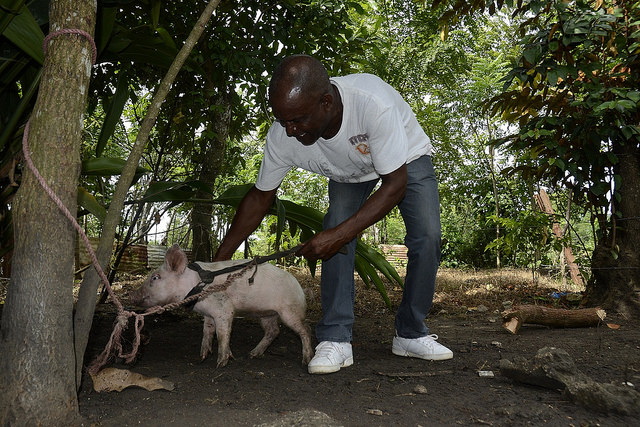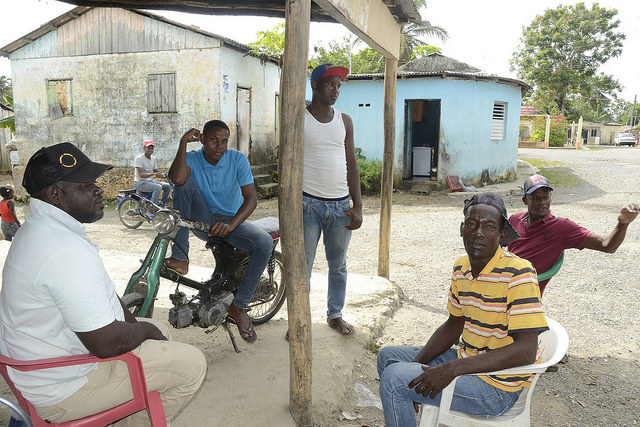Expedia Reports Demand Growth For Curaçao
Published On: Wed, Dec 9th, 2015

WILLEMSTAD – Expedia group, one of the world’s largest online travel companies, is pleased to announce that travel demand for Curacao hotels have increased on all Expedia group sites this year.
The data indicates that the United States remains a key feeder market for Curacao with a growth of room night bookings of nearly 50 percent in the third quarter compared to 2014. The data also reported that bookings from Canada increased over 15 percent year over year. Mobile bookings for Curacao have also grown in the third quarter of the year, with over 45 percent increase compared to the same time in 2014.
Last week, Expedia’s Market Management team attended the North American Tour Operators Symposium, Curacao’s premier trade event. Throughout symposium, Expedia executives shared the latest news including information on innovative marketing tools and recommendations on how hotel partners can take advantage of the company’s mobile technologies, tools and market intelligence to achieve increased visibility and incremental demand for their properties.
“While demand from the United States and the Netherlands continues to play a vital role in shaping Curacao’s tourism landscape, Canada has also emerged as an important market this year with a significant increase in bookings,” said Demetrius Canton, Director of Lodging Partner Services for the Caribbean, for Expedia group. “Attending NATOS and meeting with valued partners provided our Market Management team the opportunity to strategize about capitalizing on these new markets in the year ahead.”
Expedia continues to form new partnerships in the region, adding more properties to its portfolio, thereby advancing the company’s commitment to driving tourism growth. By working with Expedia group, hotels in Curacao gain exposure to the more than 150 websites in more than 70 countries worldwide, in addition to a myriad of mobile sites and apps, from brands such as Expedia®, Hotels.com®, Hotwire®, Egencia®, Travelocity® and Venere®.
Click Tag(s) for Related Articles:
Expedia reports demand growth for Curaçao
Published On: Wed, Dec 9th, 2015

WILLEMSTAD – Expedia group, one of the world’s largest online travel companies, is pleased to announce that travel demand for Curacao hotels have increased on all Expedia group sites this year.
The data indicates that the United States remains a key feeder market for Curacao with a growth of room night bookings of nearly 50 percent in the third quarter compared to 2014. The data also reported that bookings from Canada increased over 15 percent year over year. Mobile bookings for Curacao have also grown in the third quarter of the year, with over 45 percent increase compared to the same time in 2014.
Last week, Expedia’s Market Management team attended the North American Tour Operators Symposium, Curacao’s premier trade event. Throughout symposium, Expedia executives shared the latest news including information on innovative marketing tools and recommendations on how hotel partners can take advantage of the company’s mobile technologies, tools and market intelligence to achieve increased visibility and incremental demand for their properties.
“While demand from the United States and the Netherlands continues to play a vital role in shaping Curacao’s tourism landscape, Canada has also emerged as an important market this year with a significant increase in bookings,” said Demetrius Canton, Director of Lodging Partner Services for the Caribbean, for Expedia group. “Attending NATOS and meeting with valued partners provided our Market Management team the opportunity to strategize about capitalizing on these new markets in the year ahead.”
Expedia continues to form new partnerships in the region, adding more properties to its portfolio, thereby advancing the company’s commitment to driving tourism growth. By working with Expedia group, hotels in Curacao gain exposure to the more than 150 websites in more than 70 countries worldwide, in addition to a myriad of mobile sites and apps, from brands such as Expedia®, Hotels.com®, Hotwire®, Egencia®, Travelocity® and Venere®.
Click Tag(s) for Related Articles:
Expedia reports demand growth for Curaçao








 .......
....... Hope people still got the will to do small biz.
Hope people still got the will to do small biz. Could be fear-mongering though too..
Could be fear-mongering though too..
